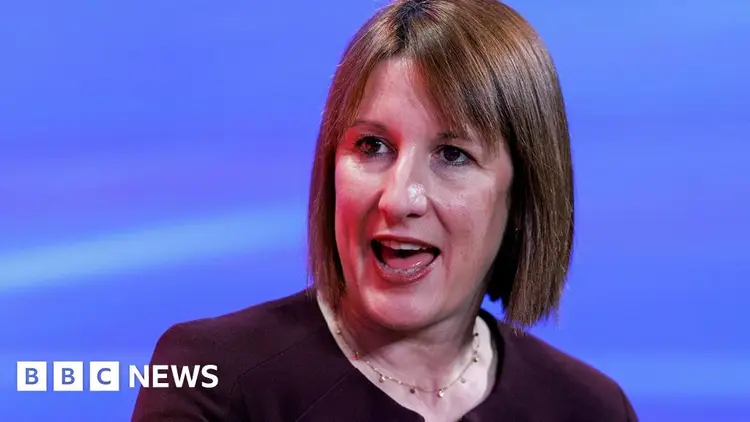Inheritance tax increases expected for some in Budget

The government is set to boost the revenue it generates from inheritance tax during the upcoming Budget, according to information obtained by the BBC.
It’s unclear how many individuals might end up facing higher costs, or the extent of those increased expenses.
The prime minister and the chancellor are looking into various modifications to the tax system, which now features numerous exemptions and forms of relief.
Inheritance tax is levied at a rate of 40% on the assets, belongings, and finances of a deceased person that exceed the £325,000 limit.
It generates approximately £7 billion annually for the government.
Approximately 4% of deaths lead to a tax on inherited assets.
The tax has various exemptions that different governments have contemplated altering over the years to generate additional revenue.
It is believed that modifications to several of these are being reviewed.
Presently, there are specific rules regarding gifts you can give while you are still living that offer certain exemptions and reliefs.
Gifts made within seven years of your passing could be subject to taxation.
You can also benefit from Business Relief for Inheritance Tax and Agricultural Relief. These provisions enable land or fields used for farming or raising livestock to be exempt from Inheritance Tax.
The specific alterations that will occur in the budget on Wednesday, October 30, remain uncertain.
A representative from the Treasury informed the BBC, "We don’t discuss assumptions regarding tax adjustments unless they are part of official budget announcements."
Ministers are trying to address what they say is a £40 billion gap between their desired spending and the tax revenue they anticipate receiving.
Government officials stress the importance of a "restructure in the nation's finances" and want to highlight what they consider the "magnitude of the difficulties ahead."
This can be viewed as a way to set expectations before Rachel Reeves speaks.
Many newly elected governments tend to raise taxes right after a general election.
The budget is anticipated to be presented with the theme “Building Strong Foundations for Creating Change.”
The prime minister and the chancellor have both stood behind podiums labeled “Fixing the Foundations.” This move is aimed at drawing attention to what they argue is the chaotic situation they received from the previous Conservative government.
For the past few weeks, high-ranking government officials have been indicating that employers may face higher National Insurance contributions.
In the Labour manifesto released ahead of the general election, it was stated that "Labour won’t raise taxes on working individuals, so we will not be raising National Insurance, any tiers of Income Tax, or VAT."
This greatly restricts their ability to generate additional tax income.
However, it seems that ministers are prepared to bend the intention of their promise, if not the actual wording, by increasing National Insurance contributions for employers. This move could impact smaller businesses, many of which likely see themselves as part of the working community.
The chancellor is likely to give herself some flexibility by adjusting the government's self-imposed borrowing guidelines. She has also informed certain government departments that their budgets will be reduced compared to their requests.
A source within the Labour party indicated that discussions about budget allocations have caused considerable concern throughout the cabinet.
Shadow Chancellor Jeremy Hunt expressed to the BBC, "Throughout the election, we consistently pointed out that Labour's calculations were flawed and that they intended to increase taxes. The real issue is that, although they have been preparing these tax hikes all along, they lacked the bravery to disclose it to the public during the election period."
"Regrettably, it appears that those who have spent their entire lives saving to leave a legacy for their families will end up bearing the burden of Labour's tax increases."
Subscribe to our Politics Essential newsletter for in-depth political commentary, insights from around the UK, and updates on significant events. You'll receive it directly in your inbox every weekday.









































